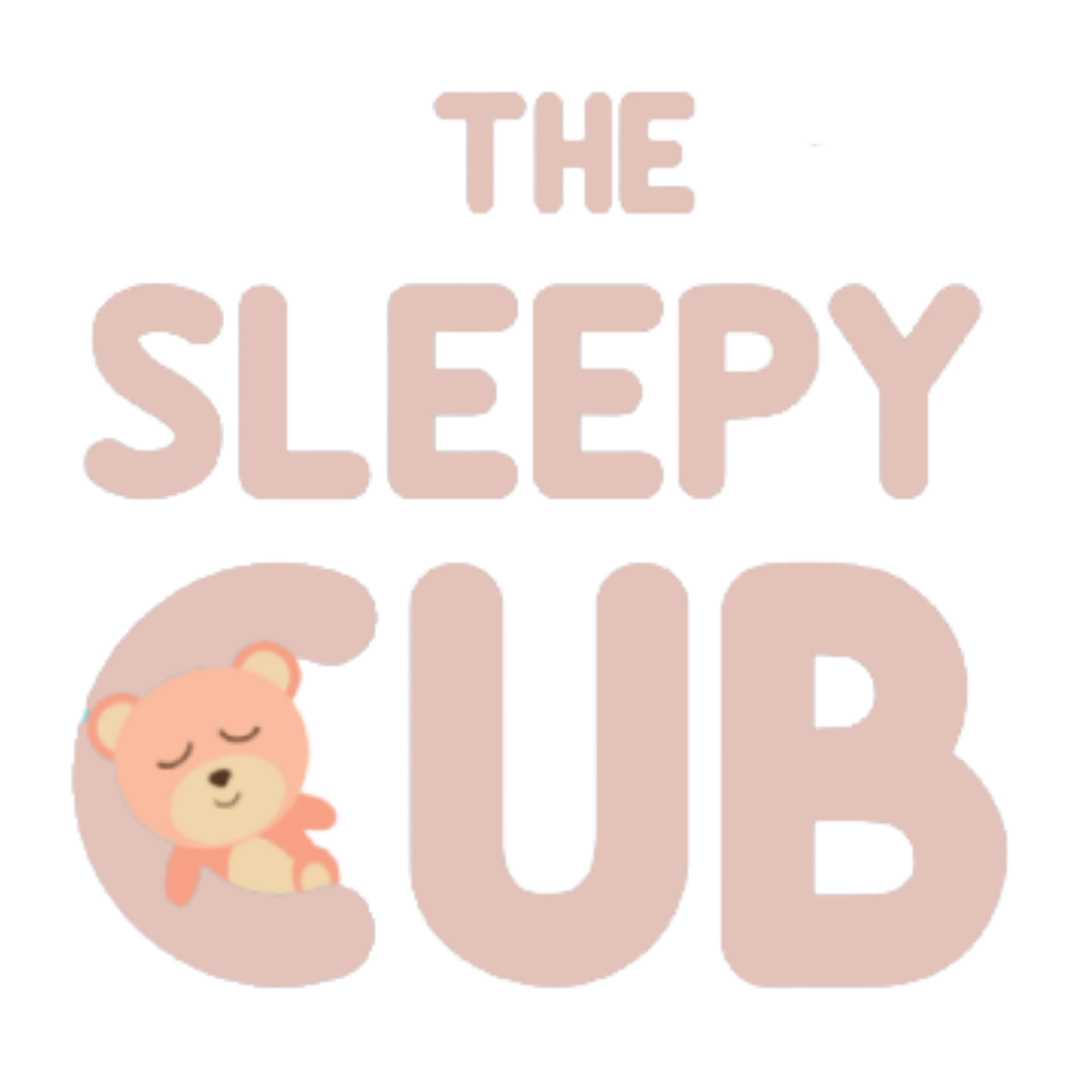The issue of sleep training has been volleying back and forth between experts for years.
On one hand, some feel that the practice of sleep training is stressful to both children and parents.
On the other, many parents claim that it’s an effective way to achieve better sleep. With all the information available on the subject, it can be tough to decide what’s best for you and your family.
There are many misconceptions about this technique, so we’re here to clear up some common questions regarding sleep training your baby.
Read on for answers to your most pressing queries!
Is sleep training bad for babies?
Researchers have looked into sleep training for babies to see if it can negatively affect children but have found no evidence to support the claim.
One study, published in the journal Pediatrics, analyzed infant stress in 43 infants that were sleep trained by using two of the most popular sleep training methods, graduated extinction and bedtime fading.
The study found that the two methods provide significant sleep benefits and don’t lead to increased infant stress. Additionally, the study concluded that sleep training your baby didn’t have any effect on parent-child attachment.
Another five-year study tried to determine whether infant sleep training programs have any long-term negative effects, including childhood mental health, sleep quality and disorders, psychosocial functioning, and stress tolerance. It was concluded that sleep training programs don’t have any negative effects on a child’s health.
Is sleep training safe?
There are many studies that analyze the effects of sleep training for babies, and not a single study has ever found evidence that sleep training is physically or psychologically damaging to babies and children.
What’s more, the same five-year study we mentioned earlier found that sleep training your baby can help with maternal depression, which is a major problem in parents with children who don’t sleep through the night.
Can sleep training cause autism?
Unfortunately, there are no studies that look into this claim. However, researchers have found in a new study that children with autism are more likely than typical children to have had problems falling asleep as infants.
Although researchers often look at sleep problems as a consequence of autism, this study suggests that sleep problems may precede and contribute to autism traits.
According to Craig Canapari, director of the Sleep Medicine Program at Yale University, the new study suggests that addressing sleep problems in infancy can help relieve some of the difficulties autistic children have.
Can sleep training cause SIDS?
There is no scientific evidence that sleep training causes SIDS.
Research shows that the #1 cause for infant deaths is unsafe sleeping practices. A whopping 70% of all sudden infant death victims are found in adult beds, sofas, and other risky locations. What’s more, studies show that although most parents plan to follow the safe sleep practices recommended by the American Academy of Pediatrics, less than 50% actually do it.
Can sleep training cause diarrhea?
There is no scientific evidence that sleep training your baby causes diarrhea.
Diarrhea in babies may appear for a number of reasons such as bacterial infection, viral infection, teething, dietary changes, food allergies, sugar intolerance, and more.
If at any point during sleep training your baby starts suffering from diarrhea, the best thing you can do is pause the program until his bowel movements return to normal and consult with your pediatrician.
Can sleep training fail
Yes, not all sleep training efforts result in a baby pulling an all-nighter. However, in 90% of the cases, sleep training is unsuccessful because parents often fall into classic sleep traps like feeding or comforting their baby to sleep.
Some of the most common reasons why sleep training fails are the following:
- Falling into the trap of negative sleep associations by rocking/feeding their little one to sleep.
- Running to offer comfort at each cry.
- Continuing your night feedings (babies older than six months who are growing normally don’t need night feedings).
- Losing hope and going back to unhealthy sleep habits.
Is sleep training cruel?
Opponents to sleep training your baby often say that “cry-it-out” techniques are cruel to children. However, the cause for such opinions is most commonly misinformation. Many scientific studies analyze sleep in children and not a single study has found any evidence to support the claim.
Despite its notoriety, the cry it out method doesn’t involve putting your baby in his crib, closing the door, and never coming back until the next day. That’s not what sleep trainers recommend or what parents do.
The cry it out method involves a great deal of soothing, like for example patting or rubbing your baby’s back until he stops crying.
If cry it out sounds too cruel for your child, you’ll be happy to hear that there’s also a wide range of gentler sleep training approaches, just as effective.
Final word
Finally, we arrive at the end of this post. I hope that I managed to answer some of the most common concerns you may have about sleep training your baby. The scientific evidence is there and shows no negative effects associated with sleep training. It’s now your turn to make up your mind.
There is no better time than right now to make a healthy change for you and your family. Getting sleep help customized for your baby’s temperament is only one phone call away. We’ll start with a custom-tailored-to-you plan that takes into account your comfort level, mindset, age and special needs of your baby, family preferences, and ideal outcome. Connect with us today and get a personalized plan for your baby. I’ll be there to guide you every step of the way.
